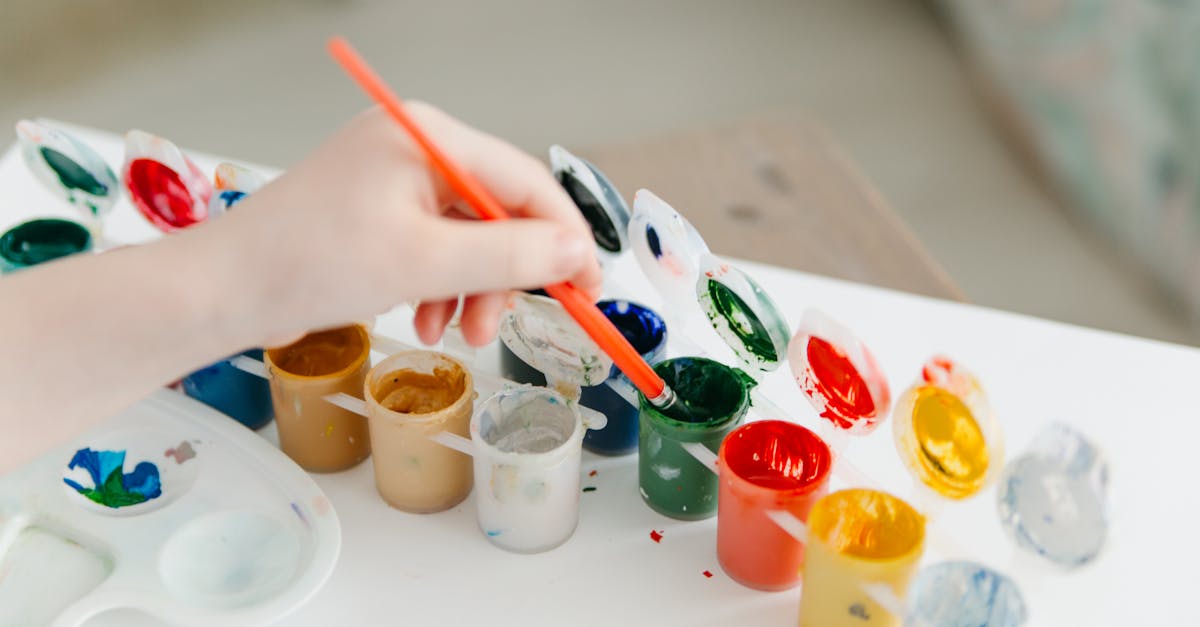In a world filled with cookie-cutter classrooms and one-size-fits-all teaching methods, the Montessori approach stands out like a unicorn in a herd of horses. This educational philosophy empowers children to learn at their own pace, fostering independence and creativity. Imagine a classroom where kids are the captains of their learning ship, steering toward discovery instead of just following the map.
Table of Contents
ToggleOverview of Montessori Education
Montessori education focuses on the individual child’s learning process. This approach encourages self-directed activity, allowing children to choose their interests while learning essential skills. In a Montessori classroom, mixed-age groups foster collaboration and peer learning. Children learn from each other, enhancing their understanding and social skills.
Learning materials in Montessori settings are specifically designed to be hands-on and engaging. Each material targets a developmental area, from practical life skills to sensory exploration. These resources promote independent learning, enabling children to explore concepts at their own pace.
Teachers play a unique role in Montessori education. Rather than traditional instructors, they act as guides, observing and supporting individual learning paths. Adult involvement minimizes interruptions and respects the child’s concentration, allowing deeper engagement with tasks.
Assessment differs from conventional methods, emphasizing developmental progress over standardized testing. Observations and documented milestones help track each child’s journey, illustrating their growth and achievements. This continuous assessment process builds a comprehensive understanding of each child’s capabilities.
Montessori’s core philosophy believes children thrive in environments that respect their natural interests and abilities. Independence is a crucial component, helping children develop confidence in their capabilities. As they make choices, children learn to take responsibility for their education.
Montessori education cultivates a rich learning atmosphere that nurtures creativity and autonomy. This educational foundation prepares children not only for academic success but also for life skills necessary in a rapidly changing world.
Key Principles of Montessori Learning
Montessori education emphasizes certain key principles that guide its unique approach to learning. These principles support effective and meaningful experiences for children.
Child-Centered Approach
A child-centered approach defines Montessori education. This method considers each child’s interests and developmental pace. Children explore topics they find intriguing, promoting motivation and engagement. Self-directed learning fosters autonomy and builds critical thinking skills. Observations by teachers support this approach, allowing instructors to tailor guidance to individual needs. Multiple age groups in classrooms enhance social learning opportunities, enabling children to collaborate and mentor peers. The respect for each child’s unique journey cultivates confidence and a strong sense of responsibility for personal education.
Hands-On Learning
Hands-on learning plays a vital role in Montessori settings. Children engage with tactile materials that stimulate their senses and promote exploration. Interactive activities facilitate deeper understanding of complex concepts while enhancing motor skills. These materials encourage independent problem-solving and creativity. When children manipulate objects, they experience firsthand the principles behind their studies. Engaging in meaningful, experiential learning activities results in lasting knowledge retention. Overall, hands-on learning not only deepens comprehension but also fosters a love for inquiry and discovery, essential for lifelong learning.
Benefits of Montessori Educational Blogs
Montessori educational blogs provide valuable insights and resources for families and educators. They foster a deeper understanding of the Montessori method and its impact on children’s development.
Insights for Parents
Montessori blogs offer parents practical tips and strategies to support their child’s learning journey. They emphasize the importance of observing children to understand their interests and needs. Blogs often share personal stories, which makes it easier for parents to relate to the experiences of others. Experts frequently write about fostering independence at home and selecting appropriate materials. Readers can discover ways to create a Montessori-inspired environment that encourages exploration. Parents gain access to expert advice on promoting social skills through mixed-age interactions and collaborative projects.
Resources for Educators
Resources found in Montessori blogs are invaluable for educators looking to enhance their teaching practices. They provide lesson plans and activity ideas aligned with the Montessori philosophy. Educators can learn about hands-on materials and how to implement them effectively. Blogs often discuss innovative classroom setups that promote collaboration and self-directed learning. Access to research articles and expert interviews deepens understanding of child development and educational trends. Educators can share best practices and connect with a community dedicated to the Montessori approach.
Popular Montessori Educational Blogs
Montessori educational blogs offer resources and insights for families and educators. These platforms enhance understanding of the Montessori approach through shared experiences and practical advice.
Noteworthy Blogger Features
Blogger features include personal experiences that resonate with parents. They present tips for implementing Montessori principles at home. Many incorporate engaging visuals that illustrate activities. Some also connect with experts, providing credibility to their content. Engaging writing styles capture reader interest, encouraging community interaction. Blogs often feature guest posts from experienced educators, diversifying perspectives and sharing unique insights into child development.
Content Focus Areas
Content focus areas span a wide range of topics relevant to Montessori education. Educators find lesson plans tailored to various age groups and learning levels. Parents appreciate articles on child autonomy and fostering independence at home. Many blogs discuss effective classroom setups that promote collaboration and self-directed activity. Some cover the significance of hands-on materials, enhancing sensory exploration. Research articles and expert interviews further equip readers with current educational trends, decisions that shape their understanding of child development.
Montessori education empowers children to take charge of their learning in a nurturing environment. By focusing on individual interests and developmental needs, it cultivates independence and creativity. The resources available through Montessori educational blogs further enhance this approach, providing parents and educators with valuable insights and practical tips.
These blogs foster a community that shares experiences and strategies, enriching the Montessori journey for everyone involved. As families and educators embrace these principles, they contribute to a brighter future for children, equipping them with essential skills for lifelong success.





